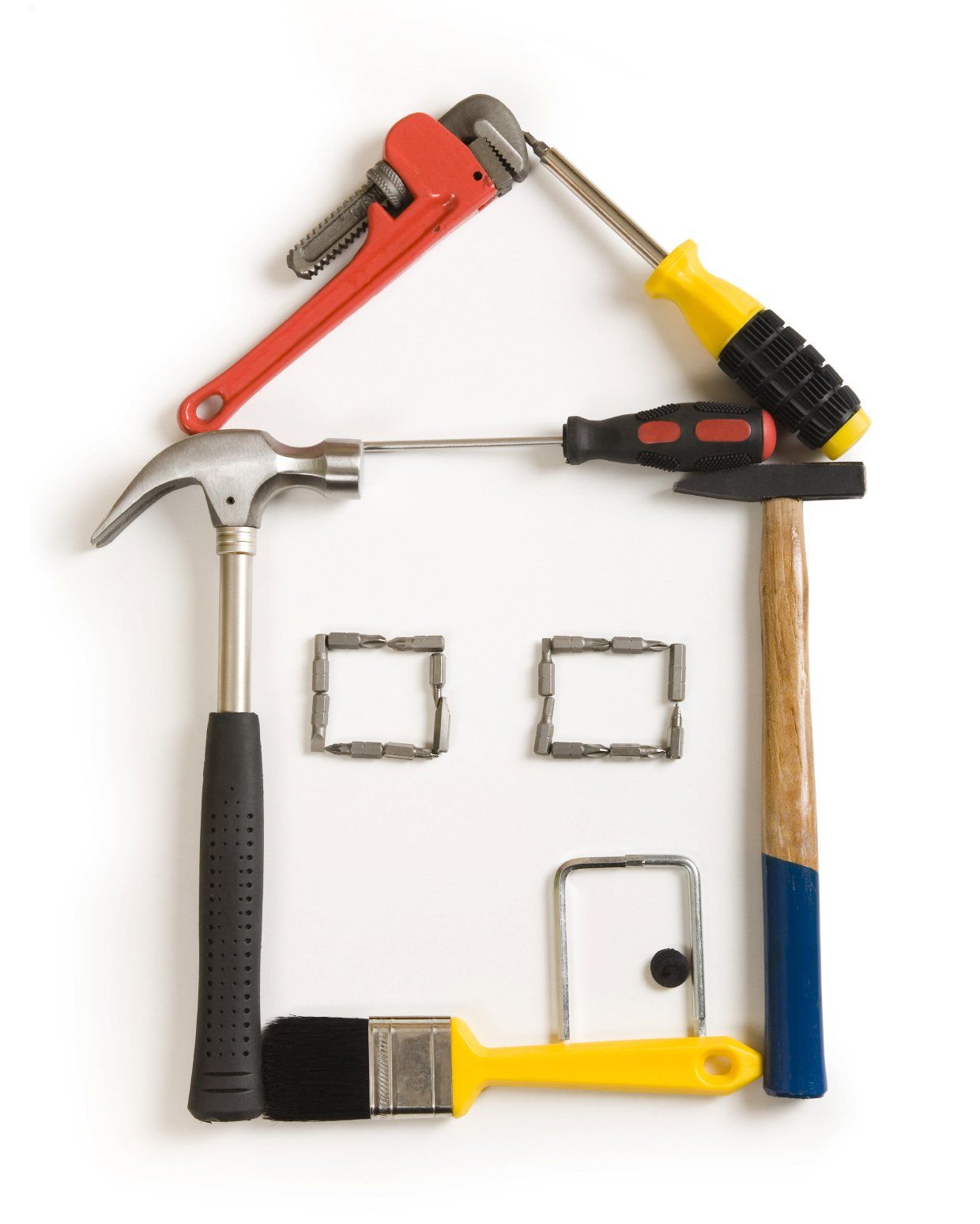An essential guide for first time buyers - helping you navigate the mortgage maze____
Assessing your financial health
Before diving in head first it's a good idea to sit down and work out what your finances look like. This means assessing your income, outgoings, as well as your savings. You can do this by creating a budget or simply listing down your monthly income and monthly outgoings. Start by printing off your last three bank statements as this will show you exactly what you're spending every month. Don't forget to list out any balances you may have on credit cards, loans or car finance.
A higher credit score can help you secure a better mortgage rate. You have a legal right to see your credit file. It's not a bad idea to check for errors on these files and get them corrected. There are organisations in the UK where you can check your credit report for FREE. Basically you sign up for a free 30-day trial. Don't forget to cancel before the end of the trial to avoid paying the ongoing monthly fee!
- Checkmyfile - learn more...
- Experian - learn more...
- Equifax - learn more...
- TransUnion - learn more...
Saving for a deposit is essential. Depending on the type of mortgage, you may need to save between 5% to 10% of the property's purchase price. You're more likely to secure a better rate if you can get a bigger deposit.
Understanding the mortgage options
There are various types of mortgages available, each with its own benefits and requirements:
- Fixed rate mortgages -these have a consistent interest rate and monthly payment over the life of the loan, making budgeting easier
- Variable rate mortgages - these start with a lower interest rate that can change periodically based on market conditions
- Government-backed loans -options like Help to Buy and Shared Ownership offer benefits such as lower deposits and more flexible credit requirements.
Finding the right estate agent
A knowledgeable estate agent can be an invaluable resource in your home buying journey. They can help you arrange viewings that match your search criteria. They can advise you on making competitive offers and negotiating terms with sellers. And of course, assist with the extensive paperwork involved in buying a home.
Shopping for your new home
Once you're ready to start house hunting there are a few more things to consider. You know what they say "location, location, location"! Think about how close you are to work or getting to work, local schools and other amenities you may want to access such as the nearest gym, rugby club or shops. Make a list of "must-have" and "nice-to-have" features you'd like in your new home for example, garden, off street parking, period property, near to friends and family and so on. In your excitement don't overlook considering the long term value of the property or its "resaleability" in the future.
Making an offer and completing the purchase
Once you find your perfect home, you'll need to make an offer. Your estate agent can help you with including negotiating the price and any conditions. Once you've made an offer your lender will require a mortgage valuation to be carried out. They do this to check whether the property is worth what you've agreed to pay for it. Mortgage valuations are for the benefit of the lender - not you. If it's a free valuation you won't get a copy of the report. You may decide to have the home surveyed to identify any issues. You can get help here with a survey learn more...
Be prepared for additional expenses such as valuation fees, legal costs and stamp duty. Stamp duty thresholds are higher for first time buyers so this may mean you won't need to pay any stamp duty on your first house or flat. Stamp duty land tax SDLT read more...
Conclusion: navigating the home buying process with confidence
Buying your first home is a significant milestone that requires careful planning and consideration. By understanding the mortgage process and taking the necessary steps to prepare, you can navigate this journey with confidence and ease. Remember, the key to a successful home purchase is being informed and working with professionals who can guide you every step of the way.
Contact us now and enjoy free advice!

